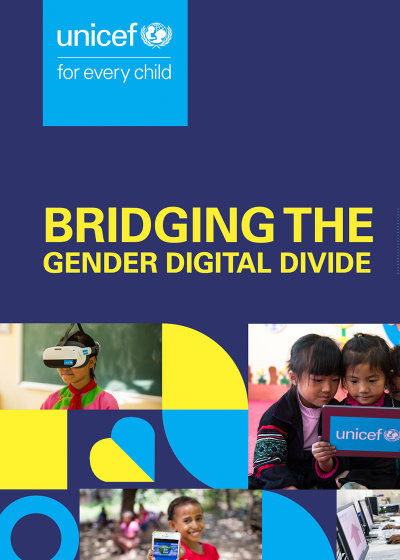
Challenges and an Urgent Call for Action for Equitable Digital Skills Development
The report highlights that a majority of youth in low- and middle-income countries are not connected to the internet, have limited digital skills, and do not own a mobile phone. Adolescent girls and young women are especially disadvantaged. When it comes to digital devices, adolescent girls and young women face distinct barriers owning, using and being enabled to develop skills on an equitable footing with adolescent boys and young men. Evidence shows that 9 out of 10 adolescent girls and young women are offline in low- income countries. Even within the same households, adolescent girls and young women have less access to, and fewer skills to make use of, the internet and digital technologies than male household members of the same age, suggesting the pervasiveness of gender biases that restrict girls’ and women’s digital inclusion and skills development. This is of great concern as our world becomes increasingly reliant on digital skills to access employment and key services, risking an ever-deepening state of gender inequality across multiple outcomes and perpetuating gaps in the labour market.


